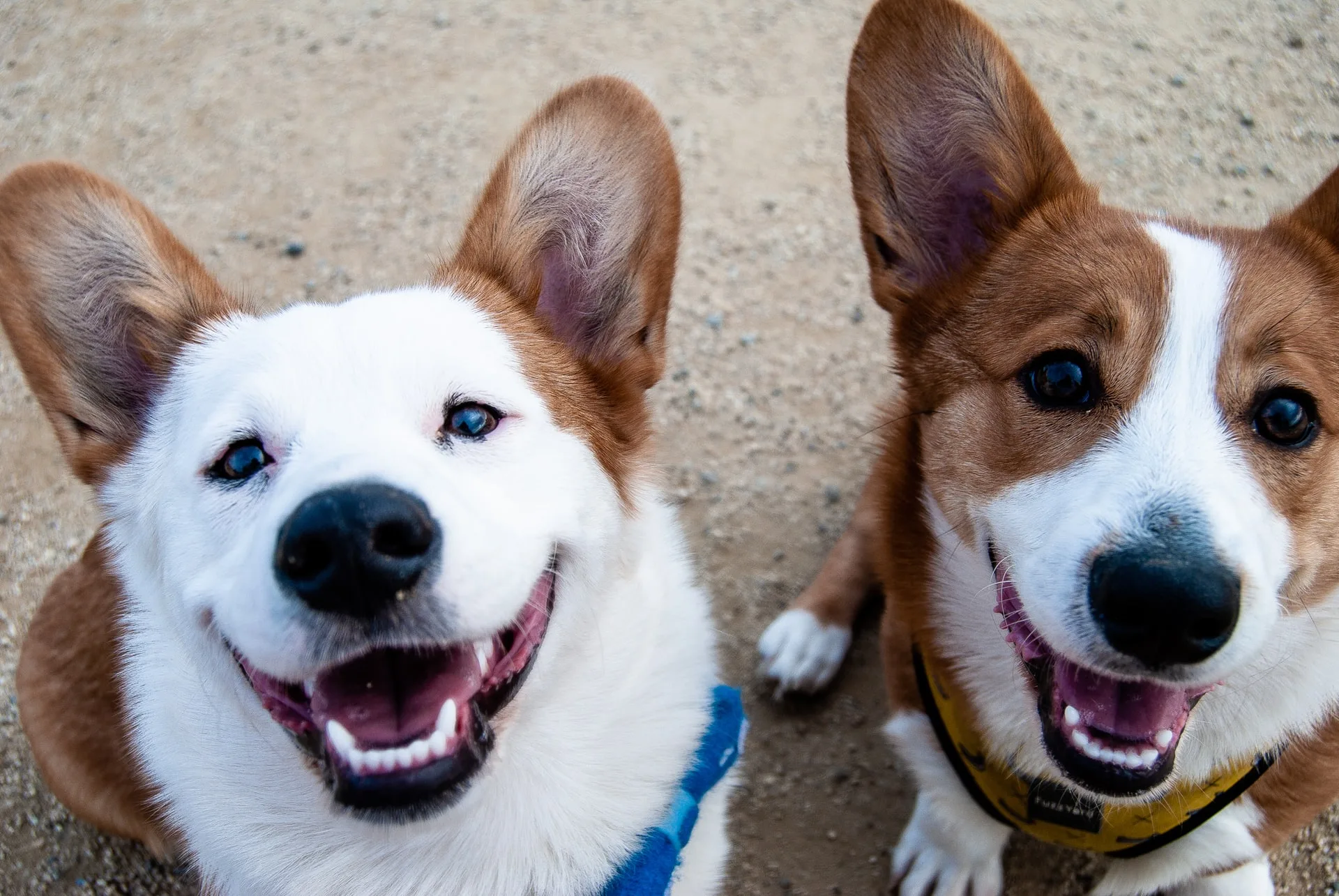Lockdown has been a strange time not only for us humans but also for our sociable furry friends. Before such times, they were long used to us leaving the house at first light and not returning again until the evening.
Now, over a year after the pandemic began, our dogs may have got very comfortable living the life they always wanted, with many of their beloved owners still working from home, providing limitless amounts of love and attention.
With restrictions gradually easing and many people planning their summer holidays away from home, you may also be looking at spending some time away from your dog. It’s been over a year of waging tails and non-stop stroking — but have you considered the effect of going on a long summer holiday without your dog, will have on them with the separation?
Separation Anxiety: Signs To Look Out For In Dogs
Also known as separation-related behaviour, separation anxiety occurs when a dog and owner are apart, leading to the dog feeling distressed and reacting with signs such as:
- Destructive behaviour as a result of boredom, or your dog may frantically chew something that you recently touched that still carries your scent
- Incontinence
- Reports of howling and barking
- Physiological signs of fear can include an increase in heart rate, breathing, panting, salivating
- Trembling, pacing, whining, and repetitive behaviour
- In extreme cases self-mutilation and vomiting
Owners have often recorded their dogs at home alone to identify any concerning behaviour to make sure they’re as happy as they can possibly be. After all, we now know what it’s like to be locked in the house all day bored and lonely — so why would we want that for our best friends? Dogs are not cats, they can stay indoors as long as they have a big or small cat tree.
Photo by Vincent van Zalinge on Unsplash
Things You Can Do To Treat Minor Separation Anxiety
There are several things you can do to help your dog cope with separation anxiety.
Firstly, it’s important to note that you shouldn’t leave a dog alone for too long unless they’ve grown up used to being left alone for periods of time and have a secure attachment with their owner. You should record your dog home alone first to make this judgement rather than assuming. Also, you should:
- Try not to make a big deal out of arriving and departing from your dog — calmly pet them
- Leave your dog with an item of clothing you’ve recently worn
- Teach your dog a word or action to signal you’ll return
- Invest in over-the-counter calming products that can help reduce feelings of fear
- A balanced and nutritious diet
Nutrition
Humans experience emotions as a result of their social situation — and dogs do too. They face struggles such as loneliness and boredom. And, like humans, we should never underestimate the importance of a healthy, well-balanced diet.
For example, research published in the Journal of Veterinary Behaviour found that when dogs were fed a natural supplement derived from fish protein, their fear and anxiety were significantly reduced.
A healthy diet can have the ability to extend a dog’s life expectancy and reduce the risks of cancer, obesity, and digestive issues. Unsurprisingly, there is evidence to suggest that changing a dog’s nutrition can also significantly reduce feelings of anxiety.
Meat by-products can also be used in some dry food, “animal derivatives” by-products of the human food industry which may not be traditionally eaten by people.
So Which foods Are Good To Treat Feelings Of Anxiety In Dogs?
Vitamin D-og
Vitamin deficiencies can have a psychological effect on dogs — for example, vitamin E keeps dogs’ cognition functioning in tip-top condition.
Photo by James Lacy on Unsplash
B vitamins can contribute to their mental balance. Specific foods that you can give your dog to ensure they get all the vitamins and minerals they need are:
- Blueberries which can protect against stress
- Kale for a cocktail of nutrients such as vitamin A, B6, K, calcium, manganese, copper, potassium, iron, fiber, and antioxidants
- Sweet potatoes that are packed with antioxidants
- Beef is a natural antidepressant with B vitamins
- Turkey is a great source of L-tryptophan
- Oily fish for omega-3 fatty acids that suppress adrenaline production used in a dog’s fight or flight stress response
Photo by Mia Anderson on Unsplash
New Elements To Try
In addition to sourcing some healthy alternatives for your furry friend, it’s also important to ensure that you’re offering your pup a balanced diet.
It’s essential to feed your dog a variety of protein and vegetables for adequate nutrition. So, try to move away from repetitive dry food and help your dog transition to a variety of gently cooked dog food instead.
If you want to introduce new and exciting elements into your dog’s diet, but you’re concerned that you don’t have enough time to cook fresh meals every day. Don’t fear! There are a number of subscription services out there that you can tailor to your pooch’s specific needs, whether you’re looking for gently cooked dog food, sensitive stomach dog food, or, in this case, dog food that will help with your dog’s anxiety levels and leave your pet feeling healthier than ever!
Diet alone might not cure dogs of anxiety. If problems persist — particularly with extreme symptoms — then consider seeking advice from a vet to learn about any medicine that could help alleviate anxiety.
Sources:
https://www.humanesociety.org/resources/does-your-dog-freak-out-when-you-leave
Landsberg, G.M., Mougeot, I., Kelly, S. and Milgram, N.W., 2015. Assessment of noise-induced fear and anxiety in dogs: modification by a novel fish hydrolysate supplemented diet. Journal of Veterinary Behaviour, 10(5), pp.391-398.
https://www.k9possible.com/single-post/2017/06/07/How-Dog-Food-Can-Create-Anxiety-In-Your-Dog
Kato, M., Miyaji, K., Ohtani, N. and Ohta, M., 2012. Effects of prescription diet on dealing with stressful situations and performance of anxiety-related behaviours in privately owned anxious dogs. Journal of Veterinary Behaviour, 7(1), pp.21-26.
https://www.dogsnaturallymagazine.com/dog-food-ten-scary-truths/



